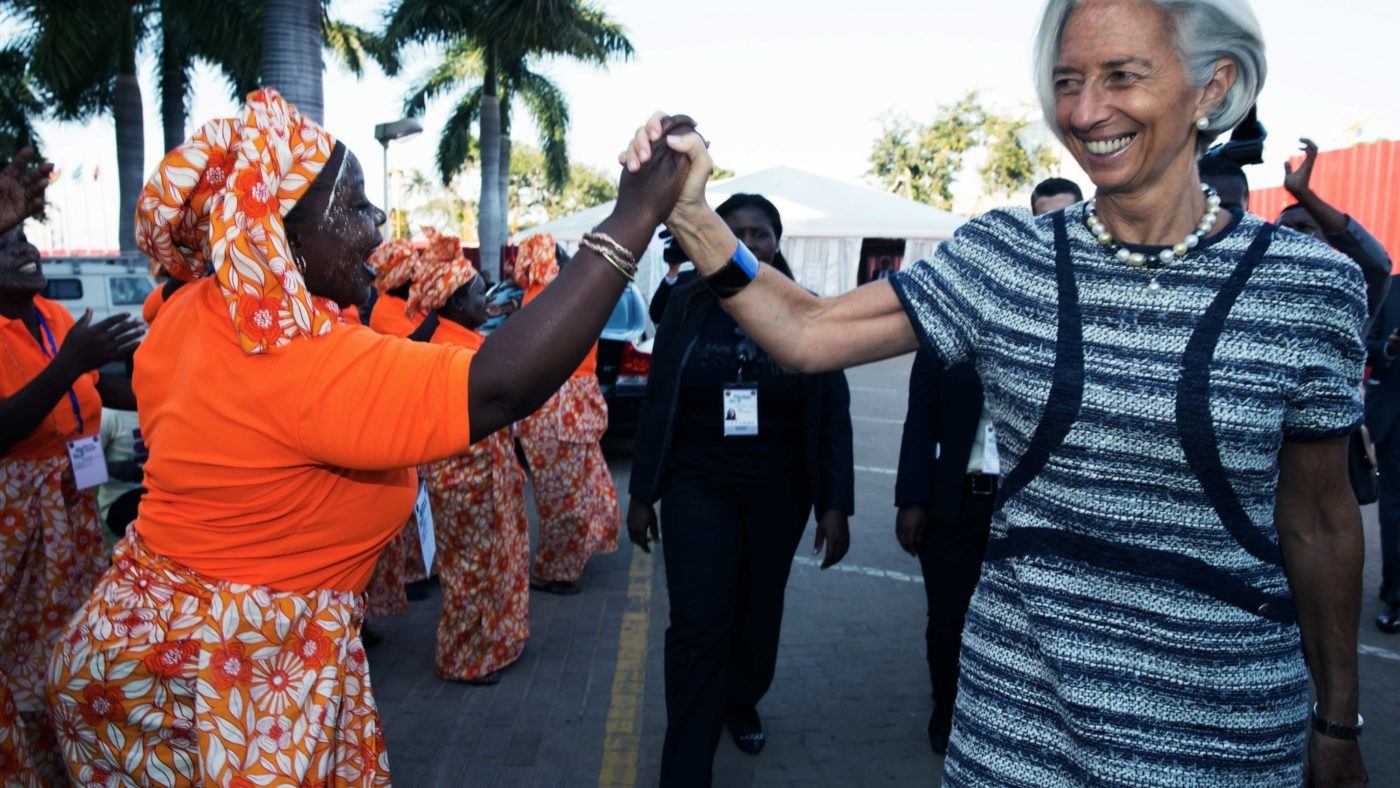Just a few years ago, Mozambique was the darling of the foreign investment scene. The civil war had ended in 1992, offshore natural gas had been discovered in 2012, and democratic elections had become the norm.
The country looked set to become Africa’s boom nation. Instead, it has become a cautionary story of how foreign aid and indigenous corruption have combined to undermine Africa’s future.
Back in 2005, under its former president Joaquim Chissano, Mozambique secured billions of dollars worth of debt relief from international organisations, ultimately funded by the Western taxpayer.
Yet the country – which despite its high growth rate and enormous new oil projects is still one of the world’s poorest – was still heavily dependent on foreign aid. This, however, had shifted from project aid, under which foreign donors pay for particular projects, to direct budgetary support.
The idea was that by giving the money to the state, Mozambique could build up a functioning public sector rather than relying on programmes implemented by outsiders. This freedom, it was argued, would lead to increased government ownership of the development process, and an increased commitment to poverty alleviation.
The first serious alarm bell rang in 2013, when it was revealed that a tuna fishing company called Ematum had been given an $850 million loan to finance a new fishing fleet. This was peculiar, because the government had just awarded exclusive fishing rights to Oceanfresh, a company which runs tuna trawlers, for the next five years. It subsequently emerged that Ematum had connections to the state’s security and intelligence services – and that at least part of the money was used to purchase arms.
Soon enough, the scheme collapsed. Ematum’s non-existent income could not service the $850 million debt. Since that debt had been backed by the state, the state ended up paying the price. Or rather, it couldn’t: in January, Mozambique defaulted on the government “tuna bonds” and last week the government missed a $119.2 million payment due on another loan, the second major default in as many months.
At the request of the IMF, Kroll Inc. is currently carrying out a financial audit on Mozambique, paid for by Sweden – or rather on three hastily created Mozambican companies, ProIndicus, Ematum and MAM (Mozambique Asset Management), which took out loans from European banks (Credit Suisse and VTB) amounting to over $2 billion and placed them under Mozambique state guarantee. The audit will determine how and when the IMF and Western donors resume their lending – whether the country as a whole goes bankrupt or receives another comprehensive debt cancellation.
There are obviously huge questions to answer within Mozambique’s government about the nature of the loans, and the secrecy with which they were arranged. But there are equally huge questions for the international community – and in particular the IMF – to confront.
International aid, and debt relief, is not meant to give countries the fiscal leeway to take on commercial debt via international banks. And indeed there are conditions attached to such funds: for example, the recipient nation must be prudent in project selection and debt acquisitions, and must use any funds saved for poverty reduction.
These are all laudable aims – but they are rarely enforced. Even though Mozambique breached what meagre conditions were attached to the money, the IMF and World Bank continued a steady flow of aid for another three years after the Ematum loan was discovered. The IMF’s Africa Director claimed that he could only rely on information given by the Mozambican government – and its debt report showed no loan.
Such procedures are grossly inadequate. Who is being vigilant about how the money – our money – is spent? Where is the punitive action?
Eventually, the IMF called a halt to Mozambican aid in April 2016. But the intention is self-evidently that aid would resume at the audit’s conclusion on 28th April 2017.
A policy of gentle encouragement and the occasional stern warning is simply not good enough. It is time the IMF stopped playing with taxpayers’ money and wrapped it in some legally effective policy instruments. An example would be: “No government within the Heavily Indebted Poor Countries programme may take on any debt obligation, directly or indirectly, without legal endorsement by the IMF”. If this is deemed a too great an infringement of national sovereignty, the government can always decline the aid, or stick to private finance.
Unfortunately, the IMF operates via friendly nudge rather than legal requirement – and is seemingly blind to the likely effects of granting financial freedom to government officials with no proper scrutiny, domestic or international.
Default or no default, there is hope for Mozambique. The Rovuma offshore gas field holds the equivalent of the entire gas reserves of Nigeria, and its development constitutes the largest investment of its kind in sub-Saharan Africa, at $100 billion. When LNG production gets going, Standard Bank estimates that it could stoke a nine-fold increase in the economy by 2035.
But the discovery of natural gas was a stroke of luck for an otherwise beleaguered state, beset by chronic poverty made worse by a ruling elite on the make. The IMF and World Bank had a unique opportunity to use international funds to help forge a path towards accountability, transparency and financial security. Unfortunately, their wanton naiveté meant that corruption won the day. The price is being paid by the donor nations, and worse, by Mozambicans themselves.


